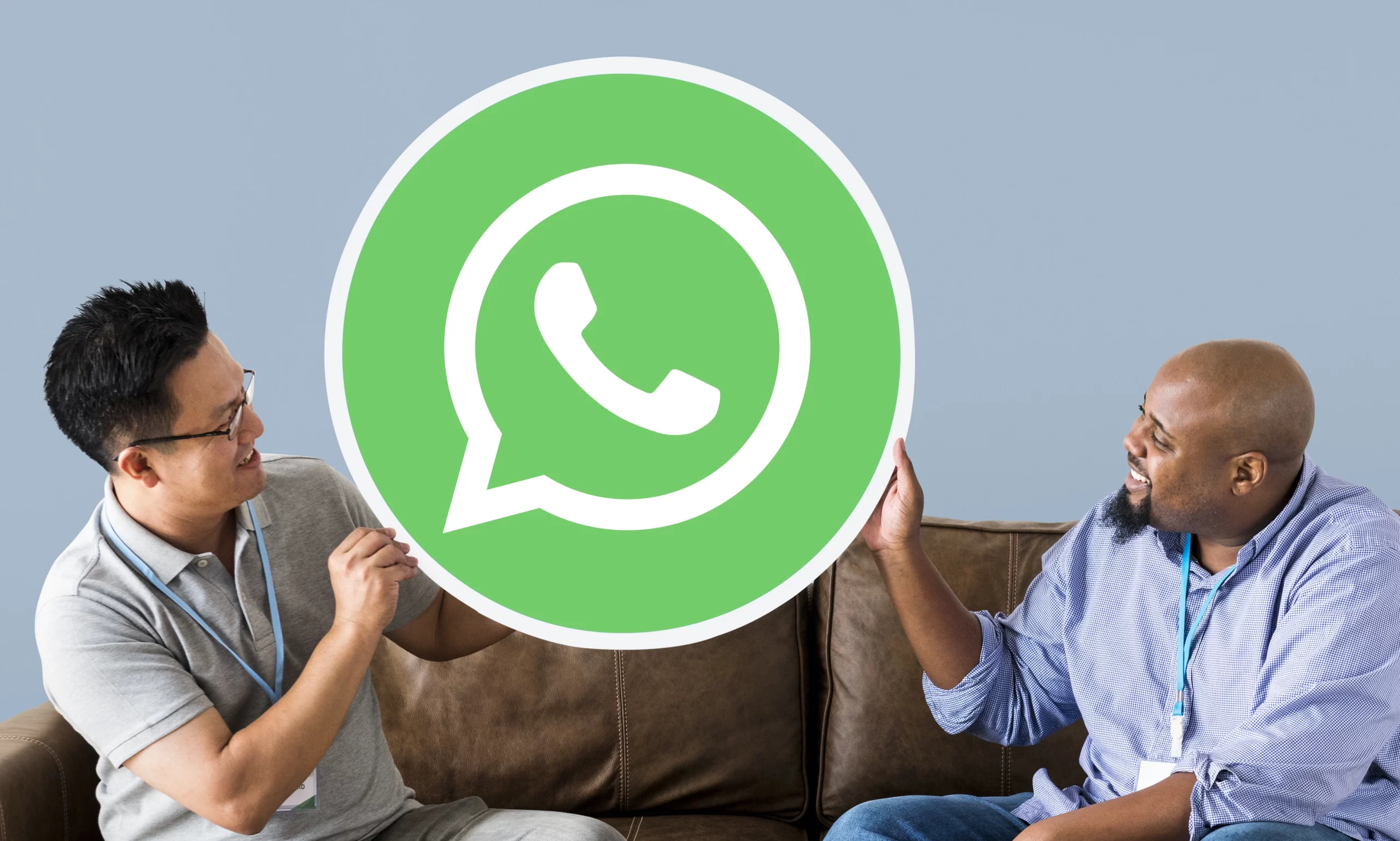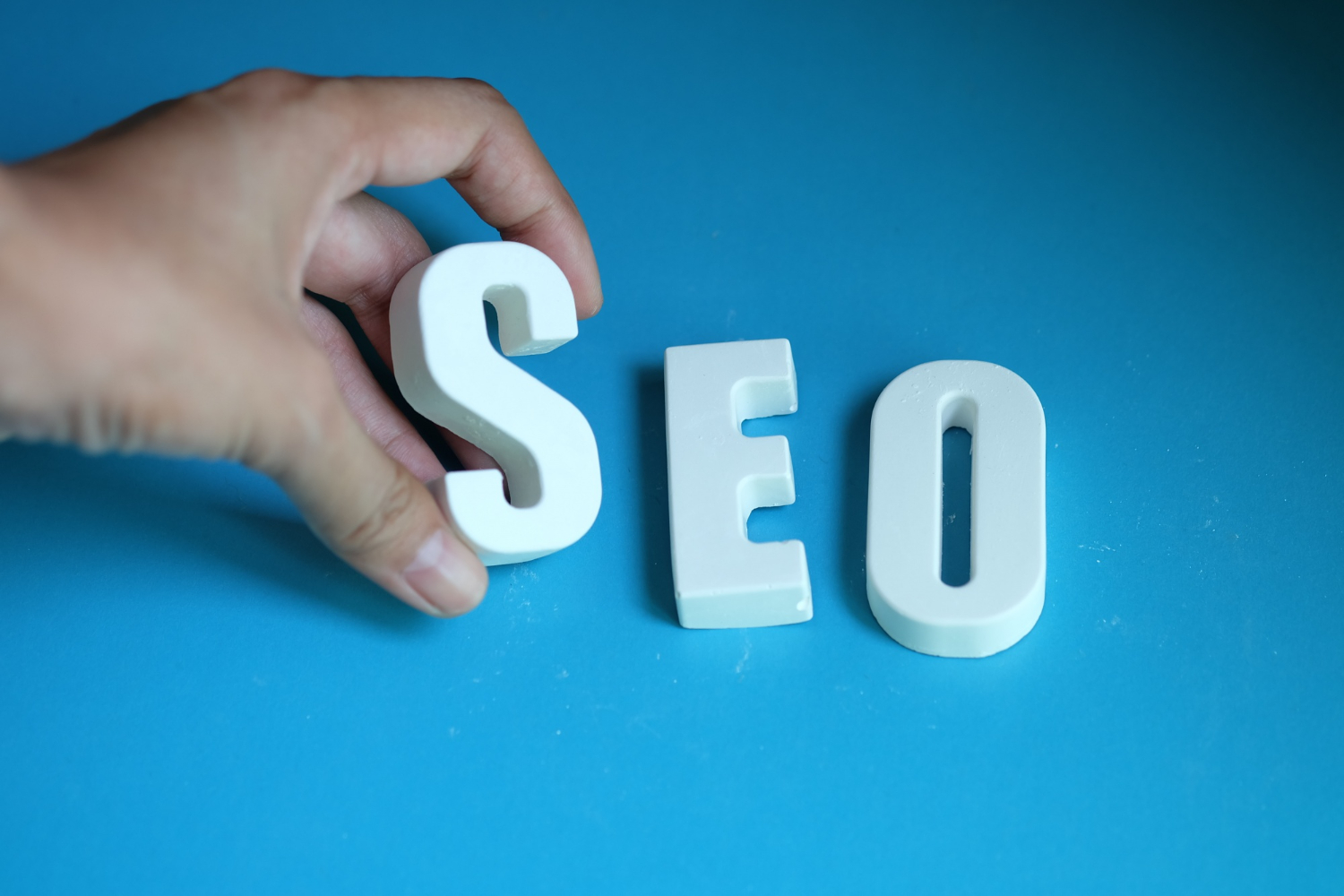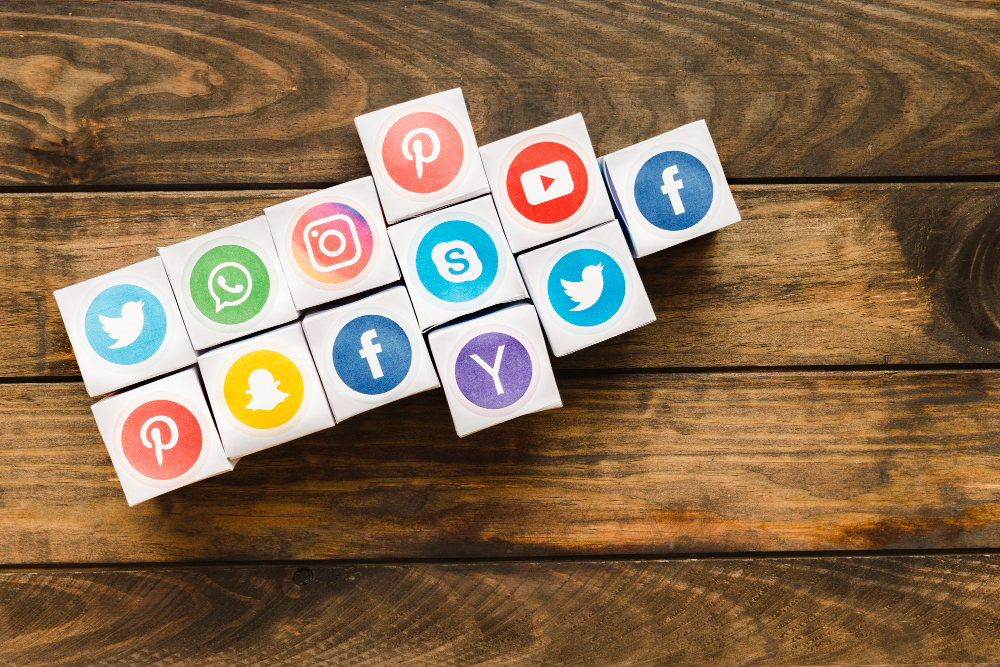
In recent years, messaging apps have surged in popularity, becoming essential tools for marketing. Statistics from 2020 reveal that messaging apps were 20% larger than popular social networks, with approximately 2.9 billion people using platforms like Messenger and WhatsApp. According to Kenshoo, 51% of mobile messaging app users prefer to contact brands via mobile messages, highlighting a significant shift in consumer behavior.
Businesses can no longer afford to overlook the potential of WhatsApp advertising. Successful enterprises are built on strong customer relationships, and personal messaging apps like WhatsApp offer a direct, effective medium for interaction. As smartphone usage continues to rise, understanding and leveraging WhatsApp marketing is crucial for business success.
What is WhatsApp Marketing?
WhatsApp marketing service involves promoting products or services to drive conversions, sales, and revenue. It encompasses sending messages, sharing branded content, building brand authenticity, and providing fast customer service. Importantly, businesses must ensure compliance with WhatsApp’s guidelines, including obtaining customer consent before sending marketing messages.
Why Use WhatsApp for Marketing?
- Deeper Customer Relationships: WhatsApp ad campaign allows businesses to build and nurture long-term relationships with customers. With tools for personalized interactions, such as welcome messages, birthday wishes, and special discounts, businesses can create meaningful connections.
- Higher Conversion Rates: Traditional marketing channels like email and phone calls have their limitations. Emails may go unopened, and phone calls can be intrusive. In contrast, WhatsApp boasts higher open rates and, with the right strategy, can effectively nudge customers toward making purchases.
- Improved Sales: Adding a WhatsApp contact number to a business website can boost sales leads by 27%. WhatsApp not only supports marketing efforts but can also serve as an independent sales channel, enhancing overall sales performance.
- Cost-Effective Marketing: WhatsApp marketing is highly cost-effective, particularly for small businesses. The WhatsApp Business app is free to use, and with WhatsApp Business, companies can achieve better sales and customer relations at a low cost.
Steps to Set Up WhatsApp Marketing
- Learn the Opt-in Rules: Compliance with WhatsApp’s guidelines is essential. Customers must opt-in to receive messages, and businesses must clearly outline the types of messages they will send.
- Create a Business Profile: Download the WhatsApp Business app and set up a profile that includes the business name, logo, contact information, and a brief description of the services offered. This profile acts like a mini-website, enhancing the business’s online presence.
- Promote Your Profile: Promote your WhatsApp business profile through various channels, including website widgets, social media links, and click-to-WhatsApp ads. This drives more conversations and engagement.
- Set up Automation and Quick Replies: Use WhatsApp’s automation tools and quick replies to streamline communication and provide instant customer support. Automation can handle tasks like greeting messages, order updates, and feedback collection.
- Organize Contacts and Chats: Utilize WhatsApp’s label feature to segment customers and manage chats efficiently. This helps prioritize interactions and provide tailored responses.
- Create a Product Catalog: Develop a catalog with product details, prices, and images. This feature allows customers to browse and purchase directly within WhatsApp, simplifying the buying process.
Effective WhatsApp Marketing Messages
- Carousel Messages: Send customizable carousel messages to showcase products, making it easier for customers to browse and select items.
- Interactive Button Messages: Use reply buttons and list messages to create dynamic, engaging interactions.
- Promotional Messages: Broadcast promotional offers, sales alerts, bulk WhatsApp marketing, and new product updates to your contacts.
- Abandoned Cart Messages: Send reminders to customers about items left in their cart, encouraging them to complete their purchases.
Conclusion
WhatsApp is an invaluable tool for marketing, offering a direct and preferred communication channel between businesses and customers. By adopting digital marketing services, businesses can improve customer interactions, boost sales, and achieve significant growth. For those ready to enhance their marketing strategy, partnering with the right WhatsApp marketing services can provide the necessary tools and support to succeed.













